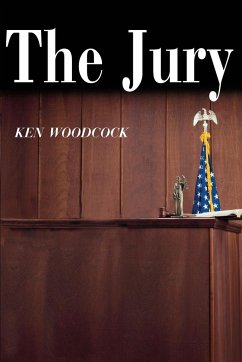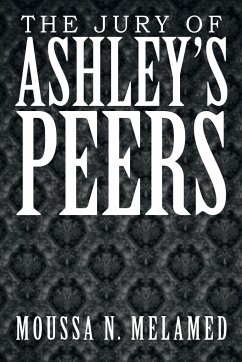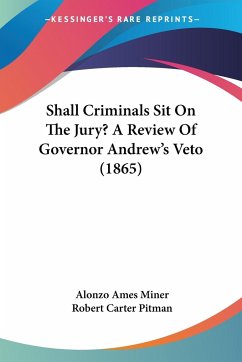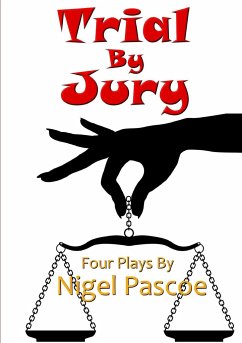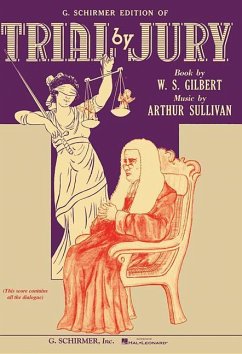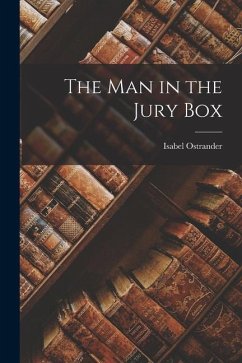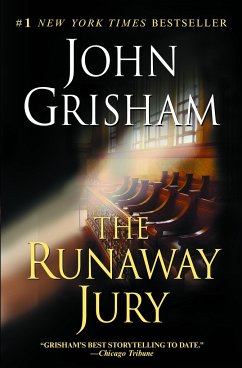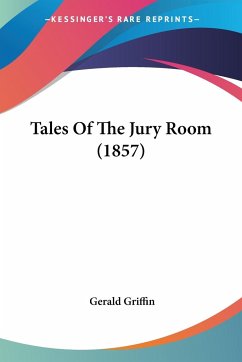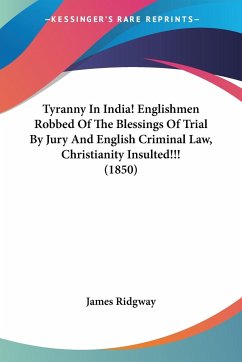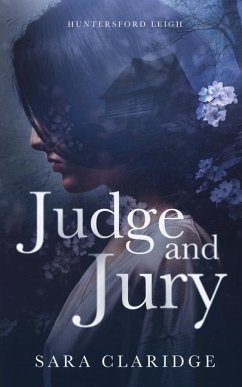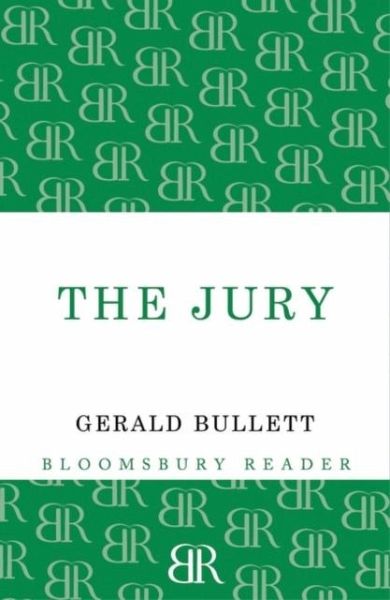
The Jury
An unhappy wife is found dead in her bed, in circumstances that point to murder. Her husband, Roderick Strood, is arrested and put on trial. But before this happens we have become intimately acquainted not only with the Stroods and their problems, but with the individual members of the jury on whose verdict Roderick's fate is to depend. We see them first in their private lives, each unaware of the others' existence; watch them enter the jury-box; and finally go with them into the jury-room and hear them debating the issue of life and death. What is the truth? And what will the verdict be?





